
Zera Yacob, The Forgotten African Philosopher
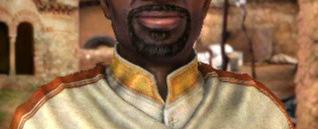
Zera Yacob is a 17 century Philosopher from the Kingdom of Aksum, now known as Ethiopia. Yacob is most popular for his 1667 treatise, The Hatata, which has been compared to Rene Descartes’ Discours de la méthode (1637). His ideas, which have been developed in 1630; 37 years before the Hatata was published, predate a lot of European enlightenment philosophy, from Kant to Hume. However, for some reason, Zera Yacob is hardly known and hardly ever spoken of even in the modern Philosophy community.
I do want to mention before I begin that I am not a philosophy major and neither am I an expert in philosophy. I am just a young African Filmmaker who loves to learn and almost everything written in this blog came from research and not from my own knowledge.
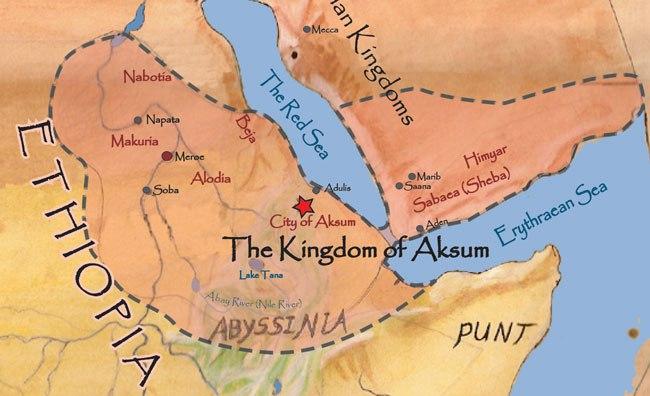
Abigail Thorn of the Philosophy Tube YouTube Channel, describes the Hatata as an autobiography and not only just philosophy. In the Hatata Yacob describes how he had to flee Aksum after he started to get in trouble for questioning certain things like religion and slavery. Unable to return to Aksum, Yacob chose to live in a cave for 2 years, this is initially how he came up with his philosophy. He would only turn his ideas into writing 20 years later.
While Yacob did believe in God or a Deity, he failed to believe in just one particular religion, he sought the truth by observing the natural world. In the Hatata he writes: “In my heart I do not believe in anything except in God who created all and conserves all.”
He also observes how many people think their religion is the correct one and will come up with all these different miracles as a way to back it up. Yacob also suggested that an action’s morality is decided by whether or not it degrades or advances overall harmony in the world. He also disagrees on the idea of Celibacy as he believes it goes against the idea of God’s nature.
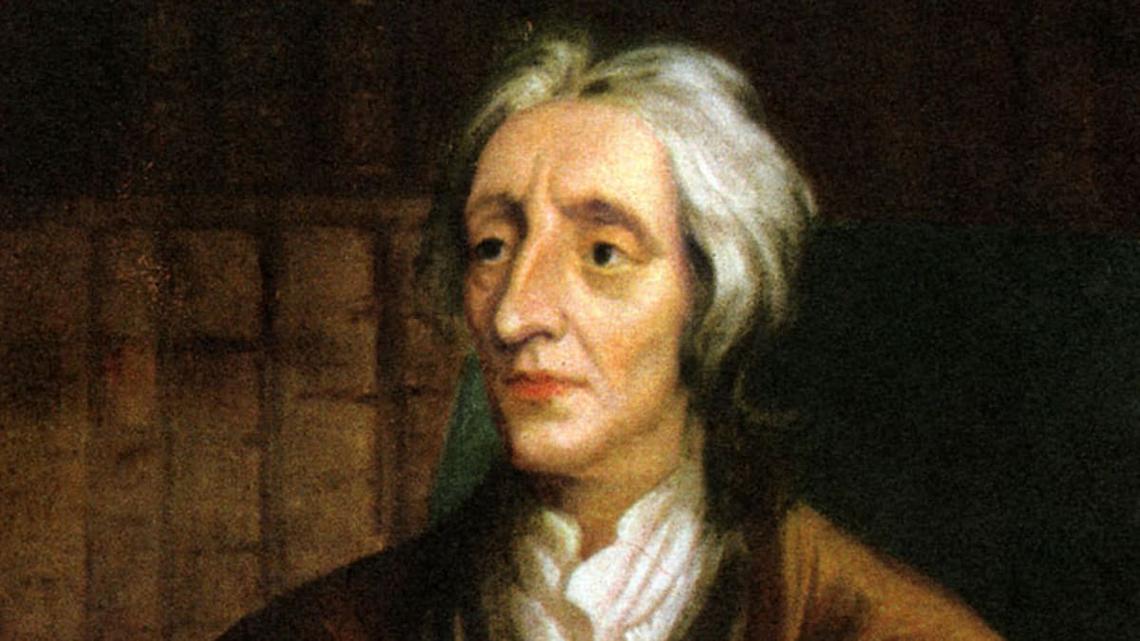
The phrase “All Men Are created Equal” is normally attributed to the US declaration of Independence and to Philosopher John Locke, who penned the quote in his work “Two Treatises of Government” (1689). However this phrase was written in the Hatata 22 years before appearing in John Locke’s work.
Not only is this work predated by Yacob’s Philosophy but both the American Government and John Locke were profiting heavily from slavery at the time, so I honestly doubt they believed in the literal definition of the quote. In fact Yacob himself heavily wrote against muslim slavery in the Hatata and even fell in love with a slave Named “Hirut”, to whom he also asked for her consent in marriage.
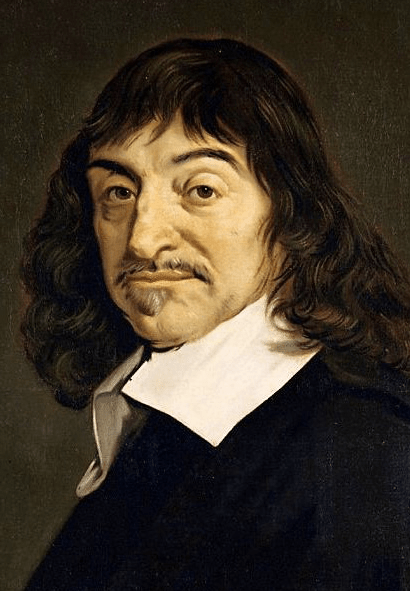
He saw her as an equal and refused to turn her into a “maidservant” despite her former master giving her to him as such. He believed that both men and women should be equal in marriage, which is quite progressive even among many African men today.
Besides John Locke’s famous quote, Yacob has also pre-dated many other philosophers’ famous ideas, such as David Hume’s essay “Of Miracles” in “An Enquiry concerning Human Understanding” (1748), in this essay Hume speaks on the Philosophy of miracles and their lack thereof. Something to which Yacob spoke about a 100 years before Hume’s essay was published. “God and the after life is essential to how we think about morality” is a quote originally written in the Hatata. Emmanual Kant would not write about this philosophy until a hundred years later.
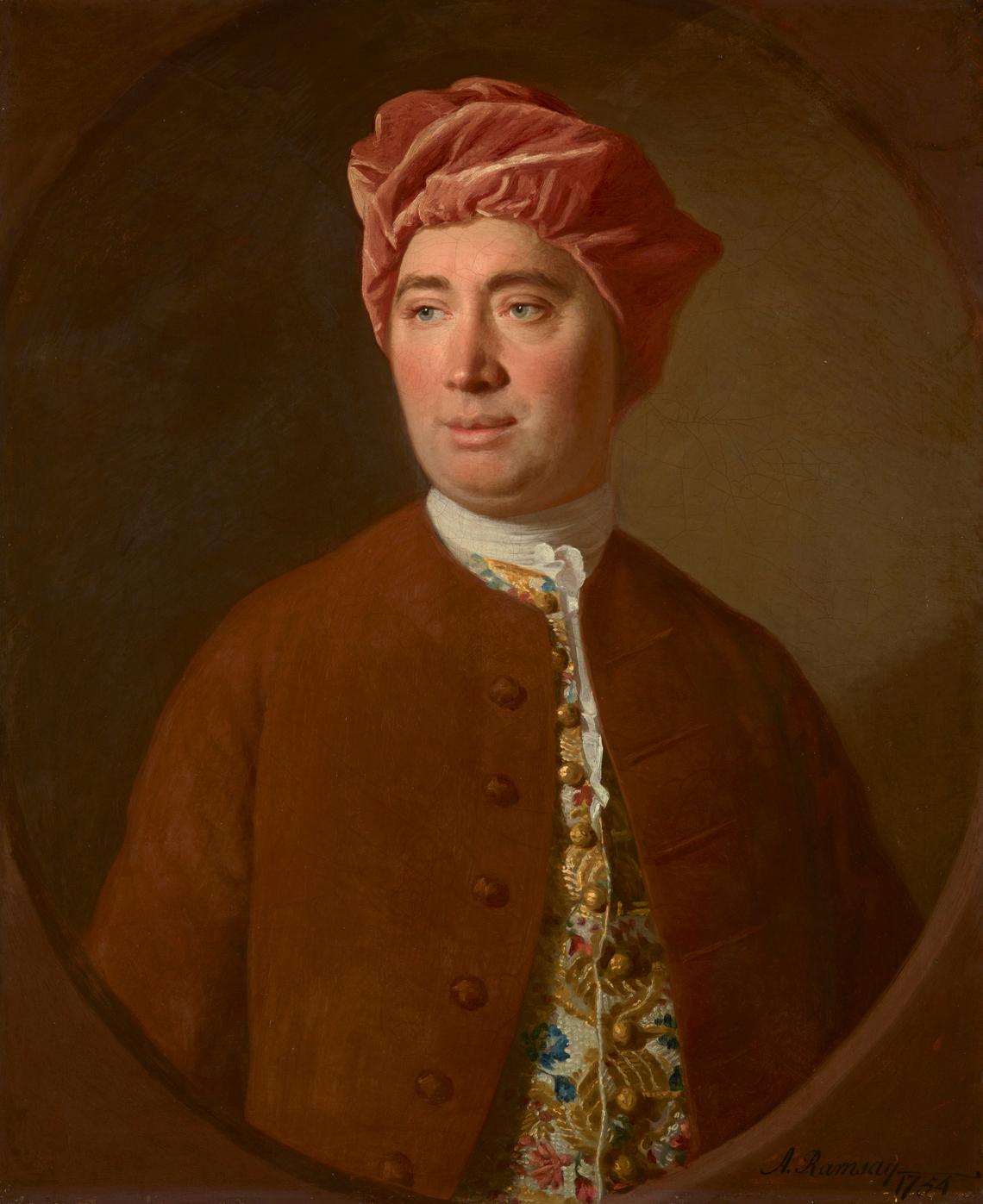
So why was Yacob not really credited for some of these ideas? Well before I go into the whole race thing, let me start with the fact that he did not write down many of his ideas for 20 years after he left the cave and also bear in mind the lack of distribution and printing services in Aksum at the time. But most importantly the mere fact that Philosophy is mostly attributed to white western men and that most African philosophy is misattributed a lot. It is also sad that I, an African, had to find out about Zera Yacob from a British YouTuber.
Now, Yacob was human after all, he was not always right. There are certain things that I have found out about him in my research that I definitely disagree with and that are definitely outdated. But for a man who grew up in his time, he certainly was ahead of his peers. Yacob also was not the only philosopher who was against Slavery, Jean-Jacques Rousseau and Thomas Pain are also famously known for also being against the practise.
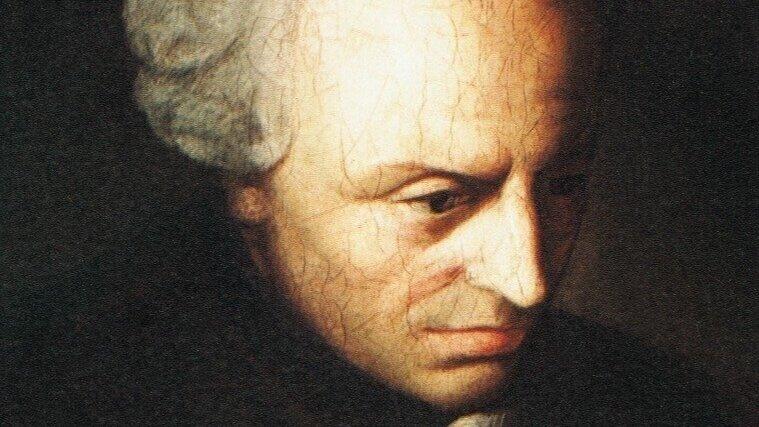
Yacob’s biggest achievement, based on the research I have made, is the fact that most African Christian thinkers at the time were unfortunately cut off from philosophical discussions happening in Europe, because of Muslim invasion in the 8th century. Meaning that many of Yacob’s ideas, even the ones that predate other philosophers’, he came up with independently. The man was isolated intellectually, yet he still came up with a lot of breakthrough conclusions on his own. Because of that, I believe he deserves all the praise he can get.
Share
Related Posts




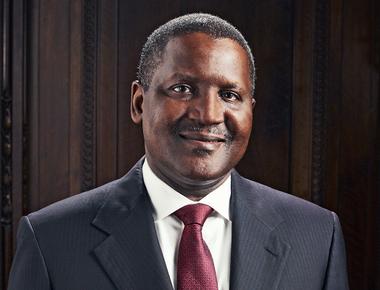

Quick Links
Legal Stuff

